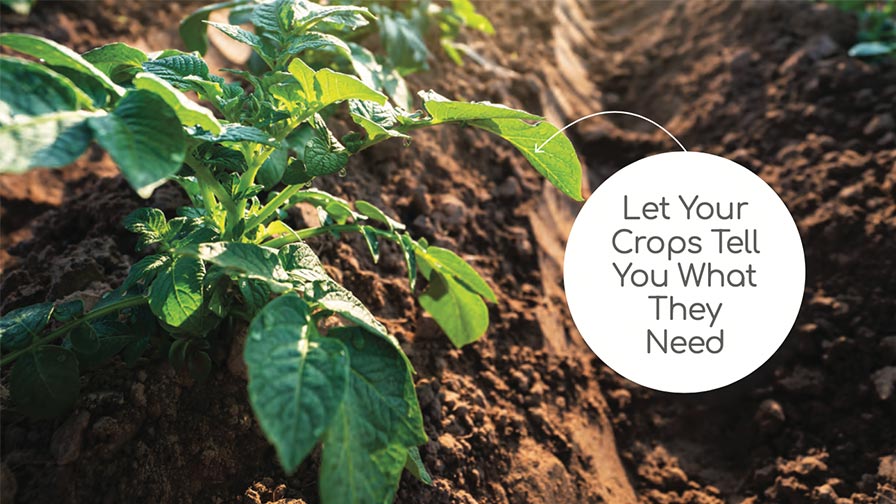How Driscoll’s Is Turning COVID-19 Into an Opportunity
Tim Jackson, Vice President of Safety and Compliance with berry giant Driscoll’s, was attending an industry meeting at the University of Georgia’s Center for Food Safety when he first learned of COVID-19 and its U.S. arrival.
“A CDC virologist who was there to talk about norovirus gave us a short update on this COVID-19 thing,” Jackson recalled at this past summer’s United Fresh conference. “At that point, a lot of the information was based upon our understanding of other coronaviruses and not so much about SARS-CoV-2, the virus for COVID-19.
“So, even then there were assumptions being made as we were trying to develop our management strategies. Do we [take people’s] temperatures or not? How do we manage certain people practices? But there weren’t a lot of answers.”
For Driscoll’s, those initial steps to manage COVID-19 evolved from inconvenience, to a “big culture change,” to an unexpected opportunity to build on previously planned goals.
For the next few months, as the disease spread across the country, Driscoll’s did its best to kick coronavirus’ butt, only to see the goal posts move on a continual basis. “[Our] response has had to evolve as information on the virus has come to light,” Jackson said. “So, from a risk management perspective, it’s been a little bit frustrating because we’ve had to, in some cases, change or tweak our approach based on new information that’s come out.”
That response, as one might expect with such a large business, has been multi-faceted. Based in Watsonville, CA, Driscoll’s delivers berry plants from its own nursery operations to more than 700 independent growers, which, in the Americas, comprises around 2,000 ranches. The company boasts its own distribution and packing centers, particularly for blueberries. It works with third-party facilities, and many of its growers have their own facilities, especially for packing operations.
“Lot of complexity,” Jackson said. “Lot of pieces to the puzzle.”
Led by risk management personnel, Driscoll’s comprised a COVID-19 response team that branched into seven work streams — employees; consumers and customers; supply chain; food safety; growers; regulatory; and media. The team reviewed current issues and coordinated cross-functional action plans that covered myriad food safety issues.
“We pulled everyone together and put together a summary of all the things we were working on. It was quite revealing to think about all of the pieces of the puzzle that we were engaged in.”
The company’s top-to-bottom strategy was to:
- Review and update field and facility good manufacturing practice (GMP)/good agricultural practice (GAP) hygiene policies.
- Assess handwashing capacity in field and facility operations.
- Support movement to hands-free operations for field and facility handwashing.
- Confirm and communicate effective sanitation protocols and chemicals for COVID-19 control.
- Develop policies for management of transportation and housing for field workers for COVID-19 management.
- Provide technical support and contribute to policy development for COVID-19 controls.
- Coordinate and conduct field verification checks for COVID-19 controls.
- Support evaluation and interpretation of state and local requirements for COVID-19.
- Survey information updates from CDC, WHO, state, and local health departments, and other public health sources to inform Driscoll’s policy.
- Participate in global, DOTA, district, and safety and compliance crisis management working groups.
- Participate in industry collaboration and discussions on COVID-19 management practices.
- Develop and support relevant communications for growers and Driscoll’s employees.
- Work with certification bodies to ensure maintenance of food safety, organic, and social
compliance certifications. - Continue to support other safety and compliance activities for ongoing business operation.
“We very quickly rolled this out because this was a need,” Jackson said. “We did about a year’s worth of work on that front in about six weeks with about 700 growers and 2,000 facilities.”
But here’s the catch, according to Jackson: Driscoll’s had been planning to implement many of these measures before anyone had ever heard of COVID-19.
“All at once we were rolling out a lot of changes,” he said, “but we saw this as the opportunity and necessity to make some of these upgrades because they would help with COVID-19 but have the added benefit of food safety.”
Despite its success to date, Driscoll’s still adapts on a daily basis. “It’s not over,” Jackson said. “It’s become more routine, but also people are getting fatigued. We have to keep maintaining.”










